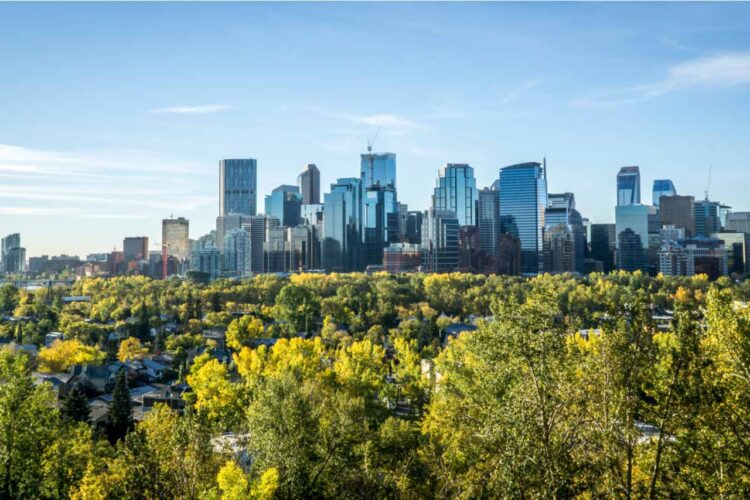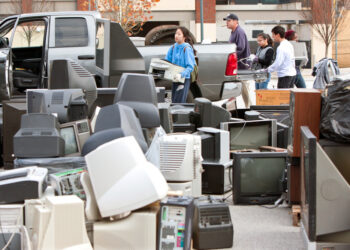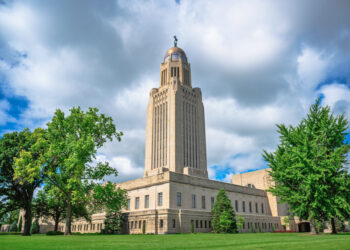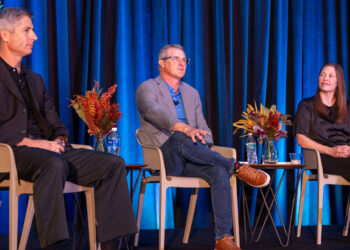A MRF serving Calgary is back at half-capacity after workers tested positive for the coronavirus, and a local program in Missouri is being put on hold as employees go into quarantine.
The case in the Canadian city is a rare example of the virus infection itself hampering recyclables sorting. Of the dozens of programs in North America that have experienced disruptions attributed to the virus, most have pointed to concerns over potential virus exposure, compliance with local social-distancing orders or cost-cutting measures.
But the Cascades Recovery and Recycling Facility in Calgary, Alberta was temporarily shut down because of actual sickness, forcing collection crews to landfill recyclables.
The MRF had 16 employees test positive for the virus, out of 125 total who work there, CTV News reported on May 13. The MRF sorts all of Calgary’s printed paper and packaging collected at the curb.
The facility had to be closed and cleaned, which meant all of the city’s curbside recyclables were collected and landfilled. On May 20, Global News reported the facility was operating at 50% capacity, meaning some of the material was being sorted and marketed and some of it was being landfilled.
The Cascades Recovery and Recycling Facility is run by paper products and packaging giant Cascades, which is headquartered in Quebec.
Meanwhile, on May 23, the city of Columbia, Mo. (population 123,000) announced it would halt curbside recyclables collection this week because a number of solid waste employees had been exposed to the coronavirus. As a result, they are being put into quarantine.
“The number of staff affected is sufficient enough to prevent the utility from collecting both trash and recycling from residential curbside customers,” according to a press release from the city. “As the collection and proper disposal of trash is essential to the health and safety of the community, all efforts will be shifted to normal trash collection.”
Residential curbside recyclables collection could be affected beyond May 30, the city noted.






























